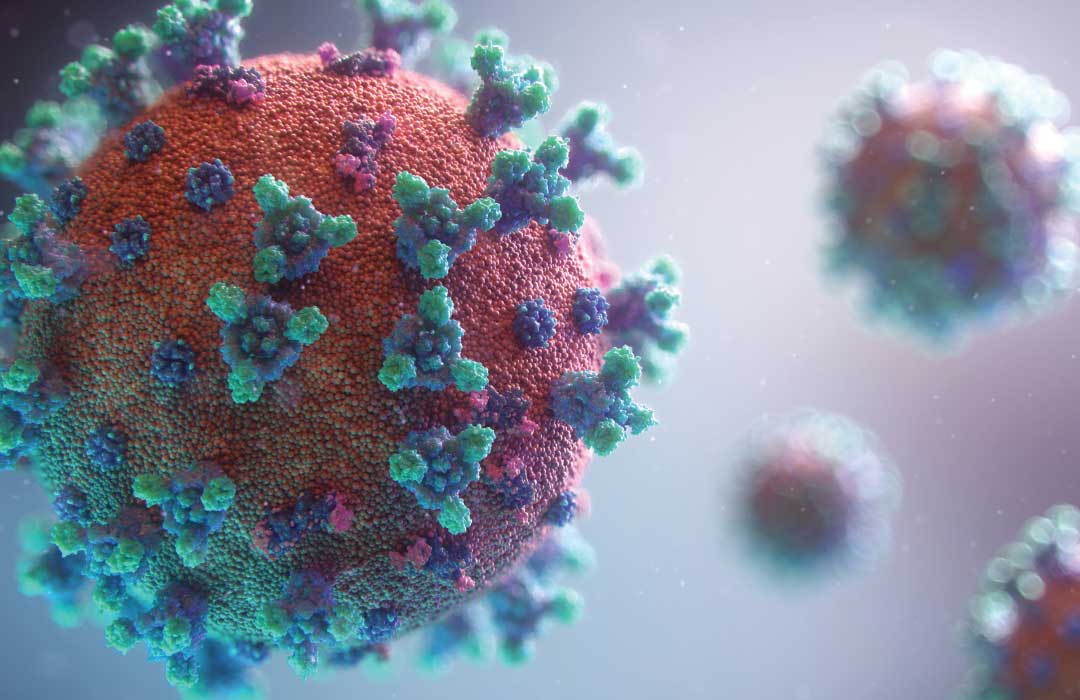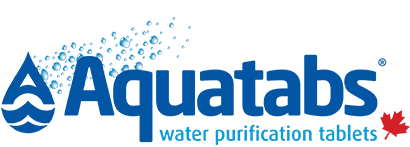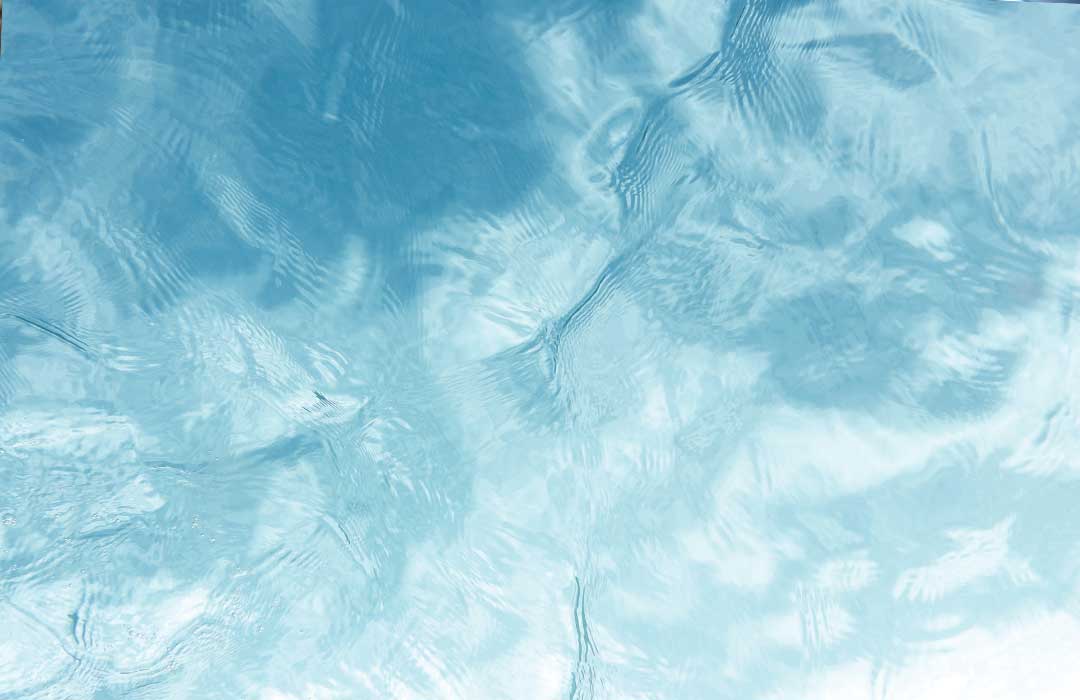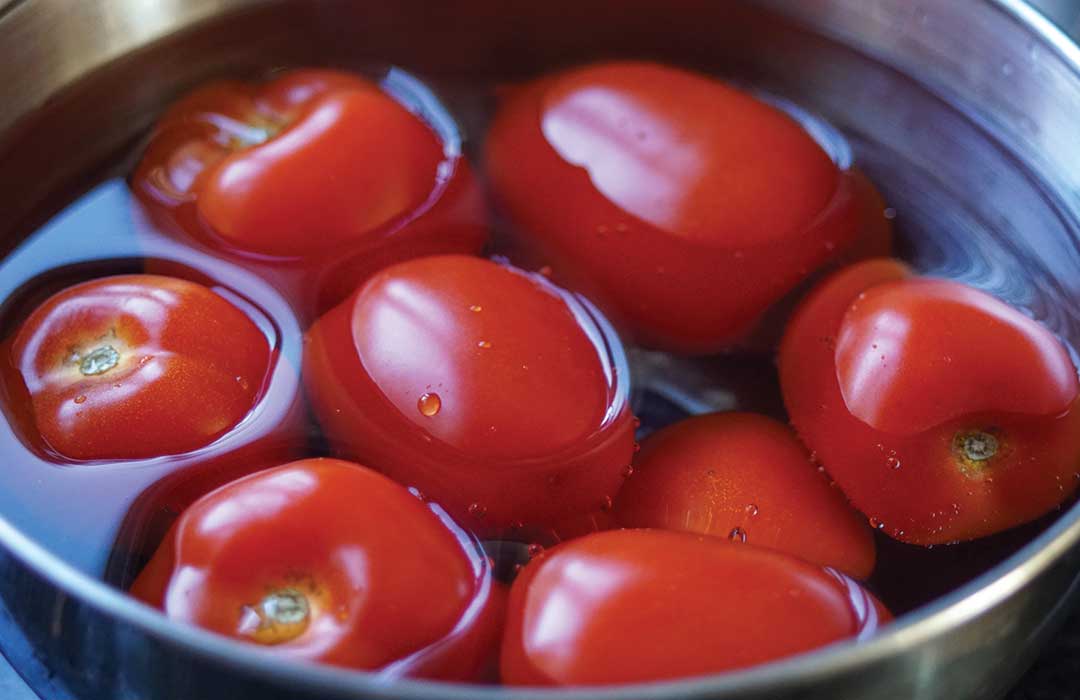Preventing Waterborne Disease, Bacteria, Viruses and Cysts

Waterborne disease is easily transmitted when contaminated water is used for any of the following purposes: drinking, making ice cubes, washing uncooked fruits and vegetables, making baby formula, brushing teeth and washing dentures or contact lenses. Take the following precautions as applicable when faced with any water that may be unsafe.
- Don’t trust bottled water. Reports of locals filling bottles with tap water, sealing and then selling as purified water have come out of several countries. Since Aquatabs have no unpleasant taste or colour, play it safe any time you are faced with suspect water.
- If you’re visiting or living in an area with poor sanitation, be especially wary of the water.
- If your local Medical Officer of Health has issued a Boil Water Advisory for your community, take the advice seriously.
- Do not drink untreated water from a spring, stream, river, lake, pond or shallow well. Assume it is contaminated with animal, bird and/or human feces. Disinfect with Aquatabs or boil for 1 to 5 minutes depending on elevation.
- Prevention is easier than seeking medical treatment once infected. Aquatabs produce no unpleasant taste or colour and are safe and simple to use. If you run out of Aquatabs, boil all suspect water for 1 to 5 minutes depending on elevation.
- NOTE : Unlike water treated with Aquatabs, boiled water contains no residual chlorine protection from recontamination.
- NOTE: Not all filters are capable of removing many bacteria and viruses. Check manufacturers claims carefully and be wary of filters that are not capable of removing viruses. When in doubt, treat with Aquatabs after filtration.
- Ask for drinks without ice unless the ice is made from bottled or boiled water. Avoid popsicles and flavored ices that may have been made with contaminated water.
- In many places, the food can be as risky as the water. You should be especially suspicious of salads, uncooked fruits and vegetables, unpasteurized milk, raw meat, shellfish, and any foods sold by street vendors. Avoid eating raw fruits and vegetables unless peeled in your presence. Avoid raw milk and products made from raw milk. Drink only pasteurized or boiled milk.
- Practice good hygiene such as frequent hand washing and disinfection of cutlery, cutting boards, etc. Wash hands thoroughly and frequently using soap, in particular after contact with pets or farm animals, or after having been to the toilet.
- A simple rule of thumb is “Disinfect or boil it, cook it, peel it, or forget it.”


